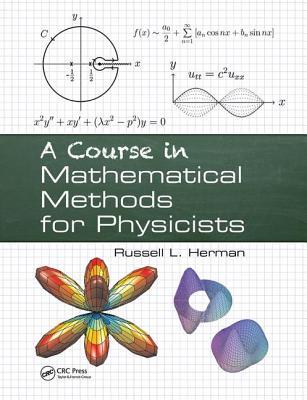The moments of inertia for a system of point masses are given by sums instead of integrals.
Question:
The moments of inertia for a system of point masses are given by sums instead of integrals. For example, \(I_{x x}=\sum_{i} m_{i}\left(y_{i}^{2}+z_{i}^{2}\right)\) and \(I_{x y}=\) \(-\sum_{i} m_{i} x_{i} y_{i}\). Find the inertia tensor about the origin for \(m_{1}=2.0 \mathrm{~kg}\) at \((1.0,0,1.0), m_{2}=5.0 \mathrm{~kg}\) at \((1.0,-1.0,0)\), and \(m_{3}=1.0 \mathrm{~kg}\) at \((1.0,1.0,1.0)\) where the coordinate units are in meters.
Fantastic news! We've Found the answer you've been seeking!
Step by Step Answer:
Related Book For 

A Course In Mathematical Methods For Physicists
ISBN: 9781138442085
1st Edition
Authors: Russell L Herman
Question Posted:





